With the sun finally appearing, our thoughts naturally turn to holidays and travel. However, whether you’re travelling abroad or staying closer to home, it’s always possible to pick up unwanted bugs.
Clinical Nutritionist Suzie Sawyer shares her five top tips for a healthier holiday this summer.
It’s so important to protect the body, and to keep well, whilst building as much resilience to any potential invaders as possible. After all, none of us wants to be ill on holiday – the worst time to be poorly! So why not try these top tips for supporting your wellbeing this travel season?
Load up on probiotics
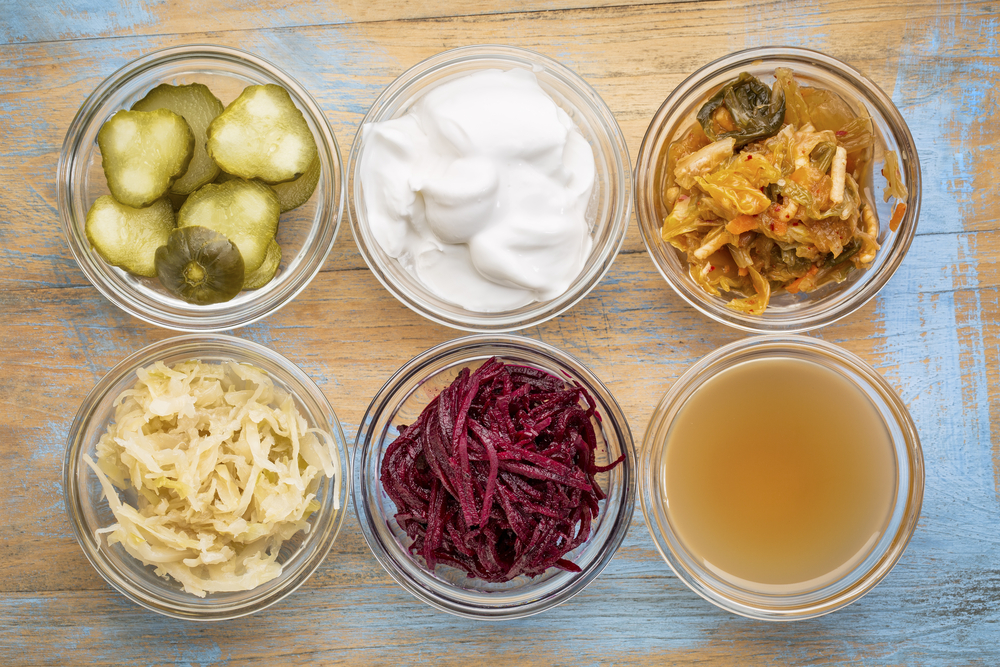
Probiotics, also known as friendly bacteria, are the guys that keep our digestive system running smoothly and, importantly, protect it from attack from unwanted bugs and infections. We can find them in lots of foods especially natural yoghurt, and fermented foods such as tofu, tempeh, kefir, kombucha and sauerkraut. It’s also important to feed these friendly guys with prebiotics which are rich in colourful fruits and vegetables.
However, if you’re travelling abroad, you might want to further protect you and your family by taking a course of probiotics for a month before setting off. Unfortunately, many holidays get ruined by food poisoning and traveller’s diarrhoea, much of which can be prevented by getting your gut in fighting shape before you go. Probiotics are safe to take from birth, so all the family can be protected.
Love vitamin C
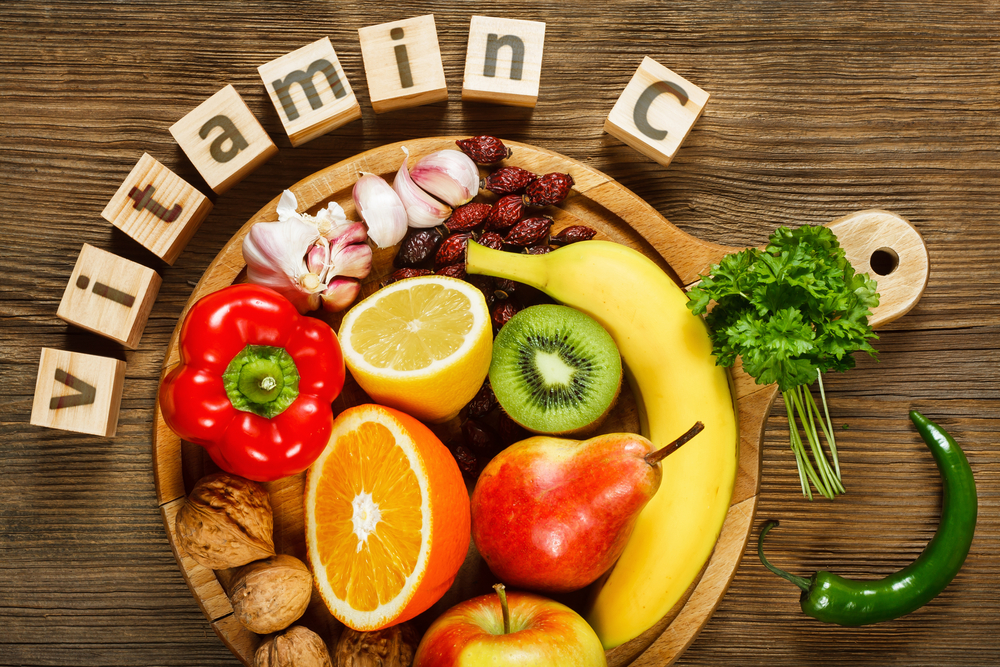
Vitamin C is one of our key antioxidants and, importantly, one of the major players in our immune system. It’s unfortunately all too easy to pick up a cold or bug on the plane or whilst travelling generally. Another great reason for eating lots of colourful fruits and veggies is that they’re rich in vitamin C.
If you’re travelling to one of the Mediterranean countries, the diet is naturally rich in colour, featuring such foods as red peppers, beetroots, cucumbers, tomatoes, courgettes, artichokes, lemons, and cabbage. You’ll generally find plenty of vitamin C-rich foods to eat. However, vitamin C is water soluble and quickly excreted from the body, so you need to be eating these foods daily for the best protection.
Avoid foods high in saturated fats

Eating foods that are high in saturated fats can overload the liver and cause tummy troubles whilst you’re away. Some of us are more susceptible than others to ‘holiday tummy’ but a change of water, diet, sleeping arrangements, plus sometimes more alcohol than usual, can put a strain on our bodies.
Traditional dishes such as lasagne, pizza, cheese fondu, plates of chips and moussaka are not kind to the digestive system and can often make you feel a little queasy, especially in the heat. The good news is that most Mediterranean countries use olive oil which is a monounsaturated fat and has many health benefits. So, enjoy plenty of Greek salads, tomatoes drizzled with basil and olive oil, and colourful roasted vegetables.
Keep well hydrated
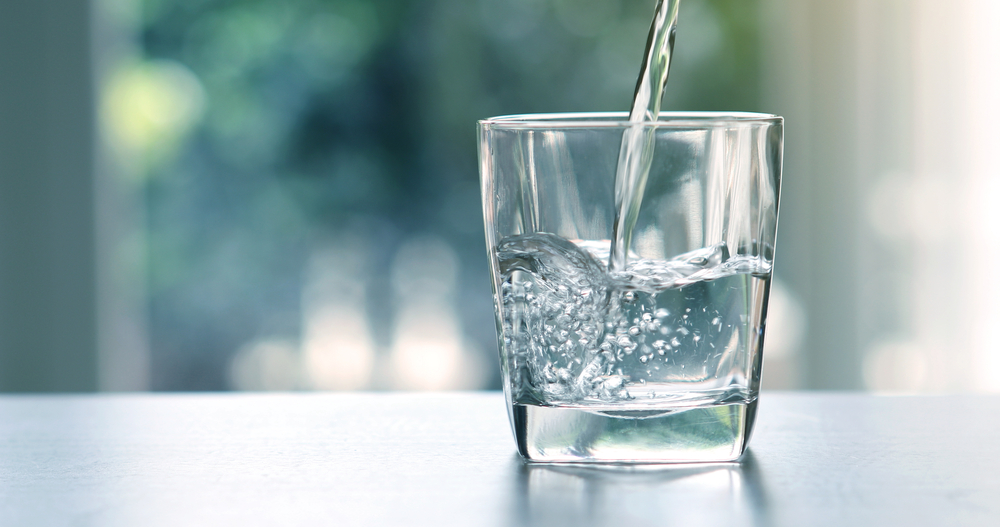
It’s very easy to get dehydrated whilst away, without really noticing it until you start to feel dizzy or even pass out. The body needs a minimum of 1.5 – 2 litres of water daily (be extra careful to drink only bottled whilst away) but it needs much more when it’s hot or when you’re drinking alcohol.
Children are especially vulnerable to dehydration so keep a watch on water intake. Try to avoid too many fizzy drinks as they will either contain sweeteners or too much sugar, and neither have any health benefits at all.
Trust in nature
The good news is that many countries around the world, and especially those in the Mediterranean, use lots of herbs and spices in their cooking which also protect the gut and immune system.
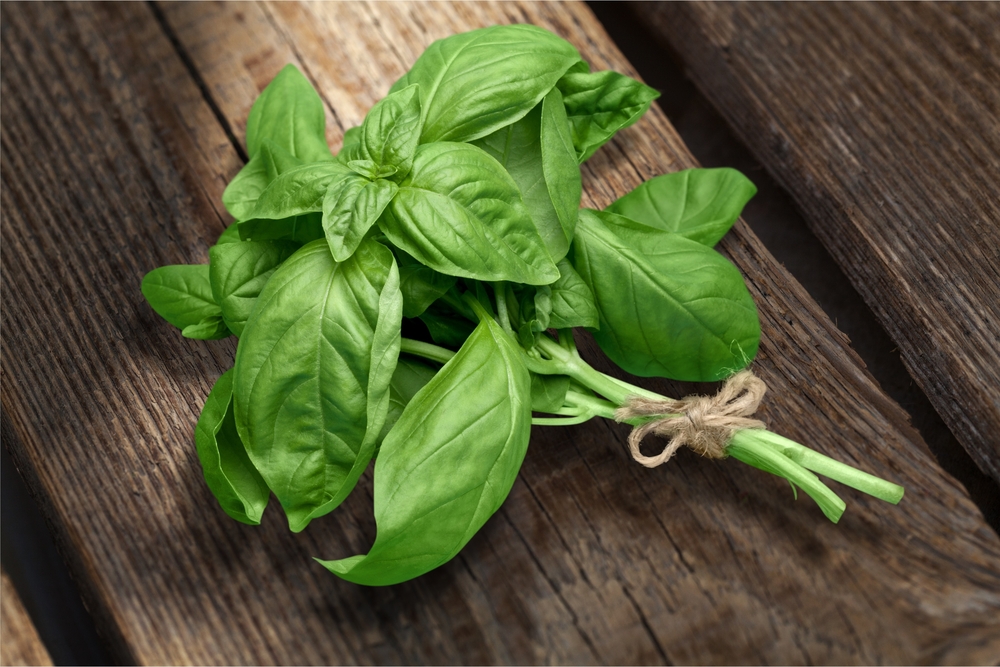
Basil is great for the digestion and also works as a good decongestant if a cold does strike.
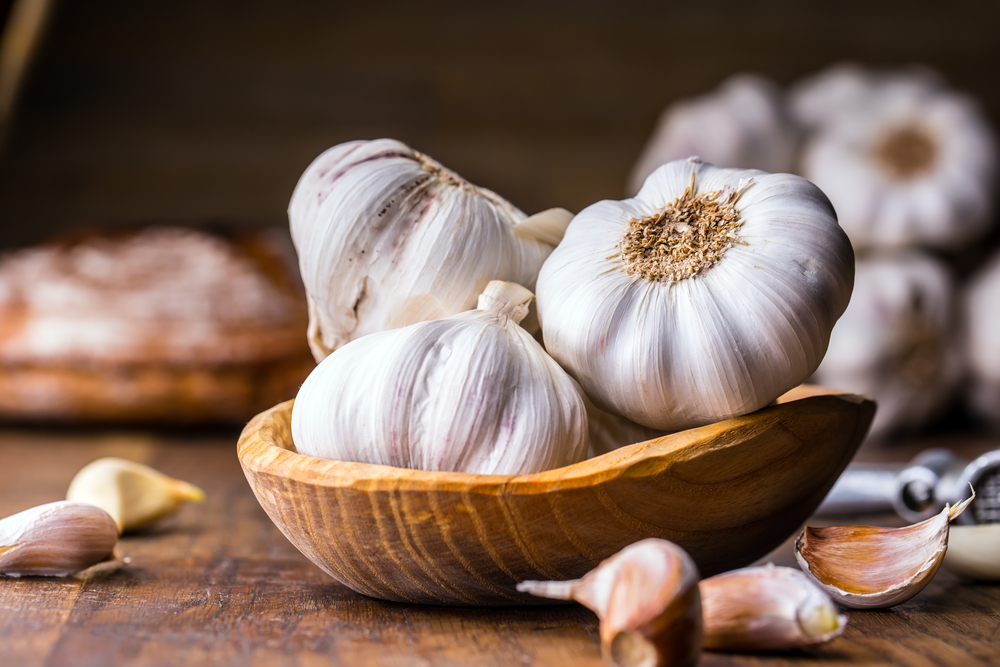
Garlic is a natural antimicrobial so will protect the digestive tract.
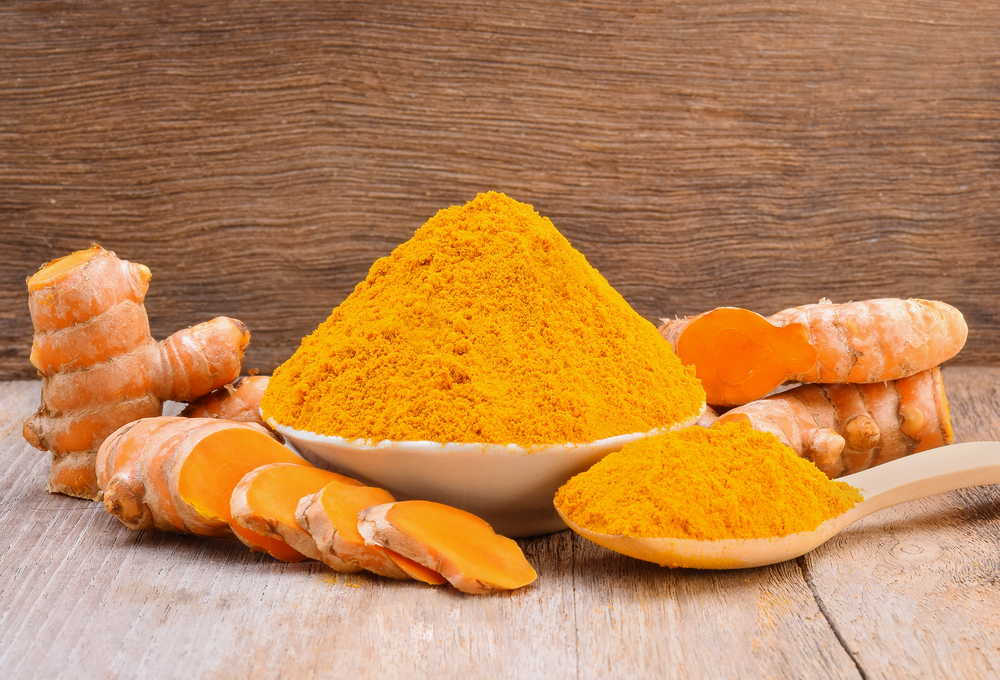
Turmeric is great for the liver and helping detoxification.
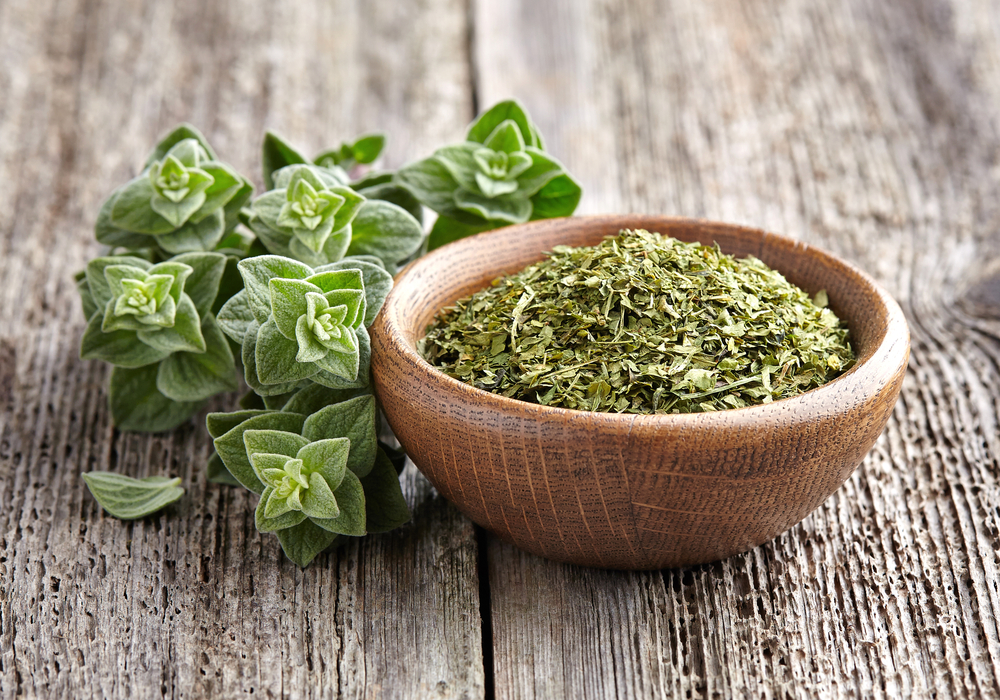
Oregano also works its magic against unwanted invaders.
You’ll generally find all of these on the menu around the world, so trust in nature and nutrition to help support your health on your travels this summer.
























Add comment